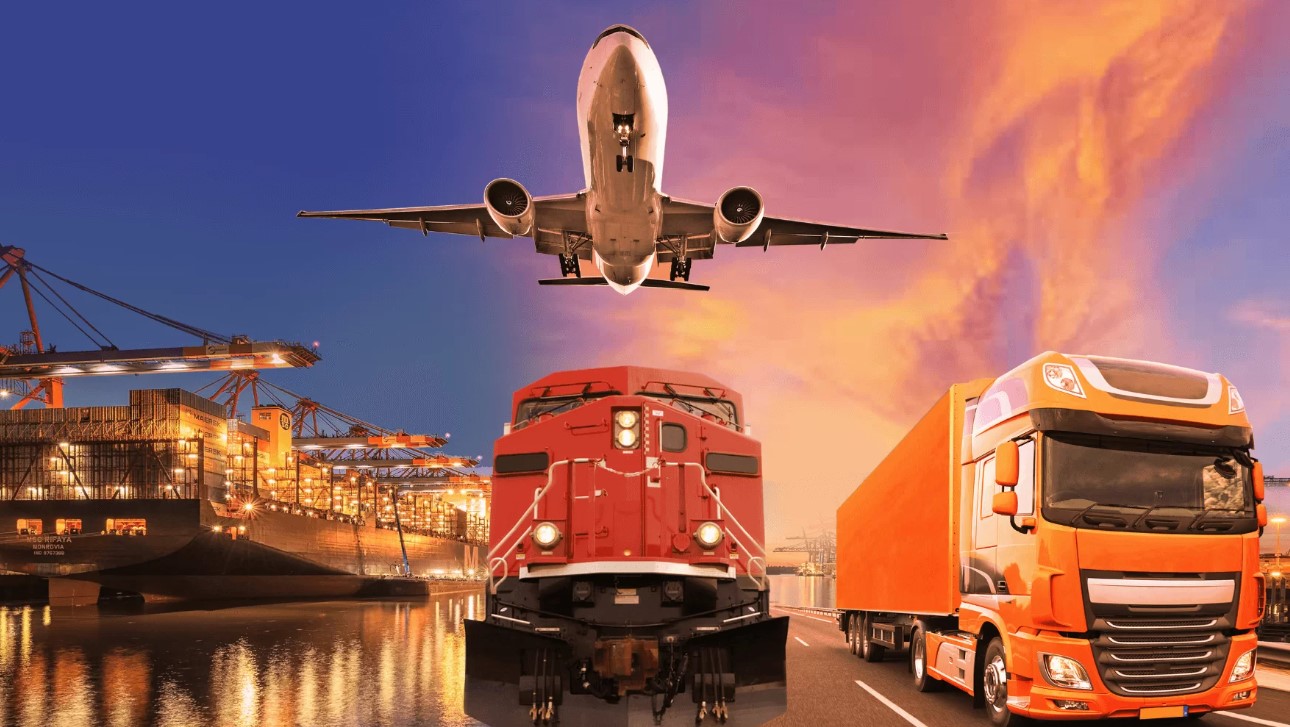Imagine a world where massive ships sail across vast oceans, carrying tons of goods from one continent to another. Picture the hustle and bustle of a busy airport, as planes take off and land, ensuring that packages and parcels reach their destinations in record time.
Now, envision the intricate network of railroads, with freight trains chugging along, transporting goods across countries and continents. Lastly, visualize the countless trucks that crisscross the highways, tirelessly delivering goods to doorsteps near and far.
In this ever-evolving world of freight carriers, there is an entire universe waiting to be explored. From the depths of the oceans to the heights of the skies, from the tracks of railways to the lanes of highways, the world of freight carriers holds secrets, innovations, and untold stories that will transport you to unimaginable places.
Ocean Freight Carriers
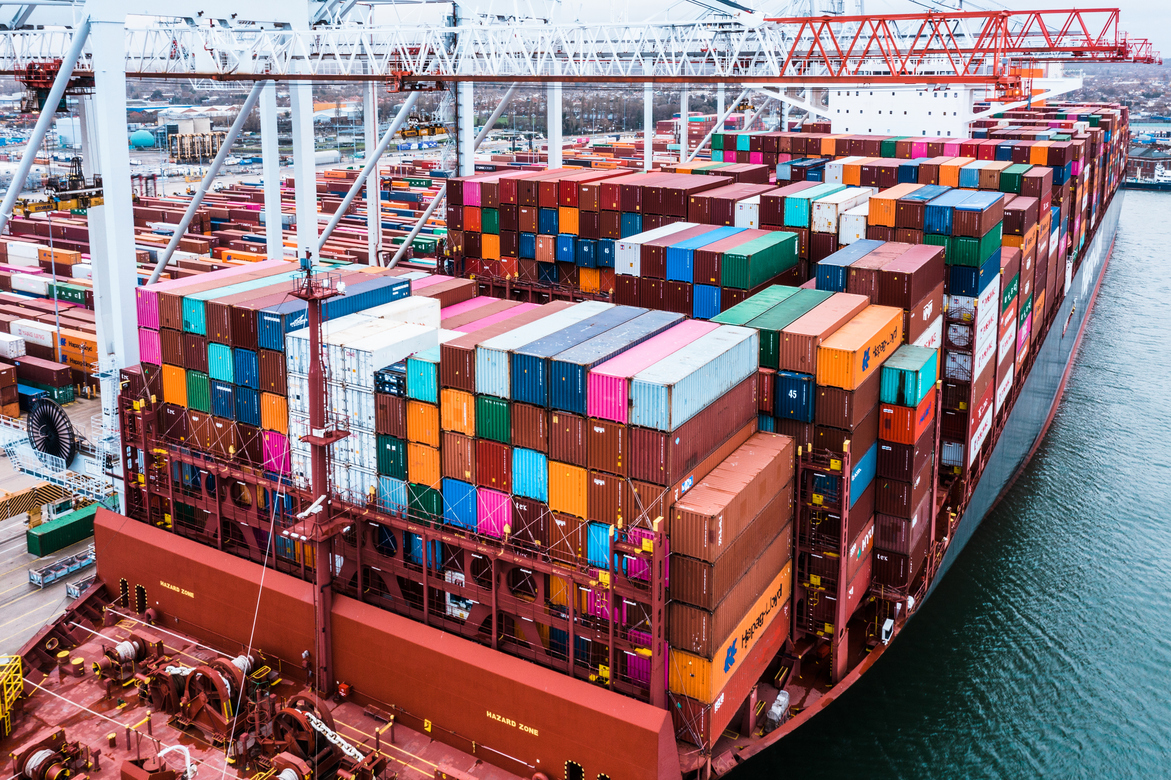
Ocean freight carriers play a crucial role in the global transportation industry, ensuring the efficient and reliable movement of goods across vast distances. One of the key advantages of ocean freight carriers is containerization. This practice involves packing goods into standardized containers, which can be easily transferred between different modes of transportation, such as ships, trucks, and trains. Containerization offers several benefits, including increased security, reduced handling costs, and faster turnaround times.
Technology has had a significant impact on ocean freight carriers. For instance, the use of advanced tracking systems allows carriers to monitor the location and condition of cargo in real-time. This not only enhances transparency but also enables timely interventions in case of any issues. Furthermore, technology has improved operational efficiency through the automation of various processes, such as documentation, customs clearance, and cargo handling. This has resulted in faster turnaround times, reduced paperwork, and increased accuracy.
Air Freight Carriers
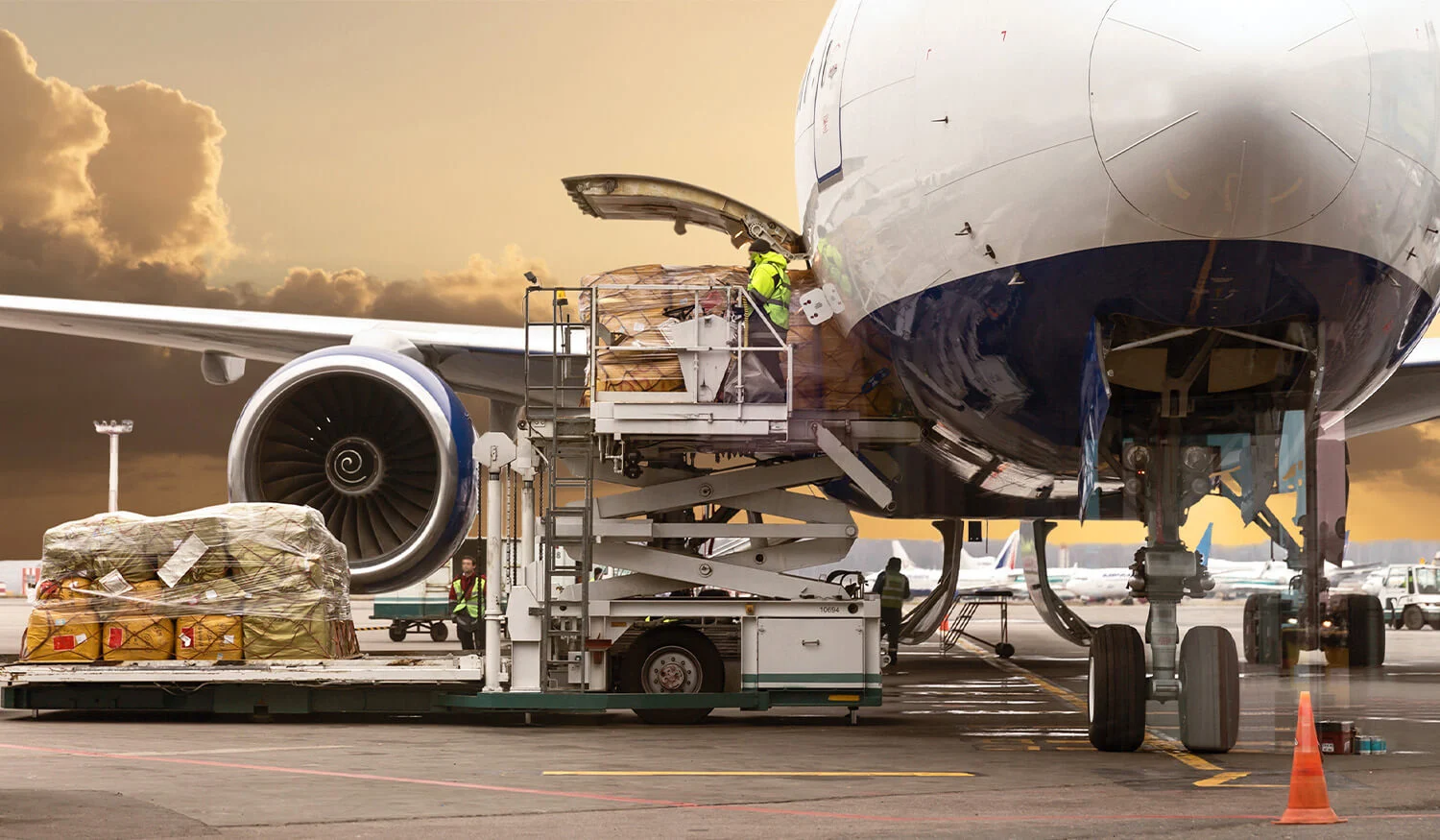
Air freight carriers are essential for the timely and efficient transportation of goods by air across the globe. When it comes to air freight safety, it’s crucial to ensure that carriers adhere to strict regulations and standards. The International Civil Aviation Organization (ICAO) sets guidelines for air cargo safety, including packaging and handling requirements. Additionally, air freight carriers must comply with security measures to prevent unauthorized access to cargo and mitigate the risk of terrorism.
Looking towards the future, the air freight industry is expected to continue growing. With the rise of e-commerce and globalization, there’s an increasing demand for fast and reliable transportation of goods. Air freight carriers are well-positioned to meet this demand, thanks to their ability to transport goods quickly and efficiently over long distances.
However, the future of air freight carriers also presents challenges. One of the main concerns is sustainability. As the industry expands, there’s a need to reduce its environmental impact. This includes finding ways to lower carbon emissions, increase fuel efficiency, and explore alternative energy sources. Additionally, air freight carriers will need to adapt to technological advancements, such as automation and digitization, to improve efficiency and reduce costs.
Rail Freight Carriers
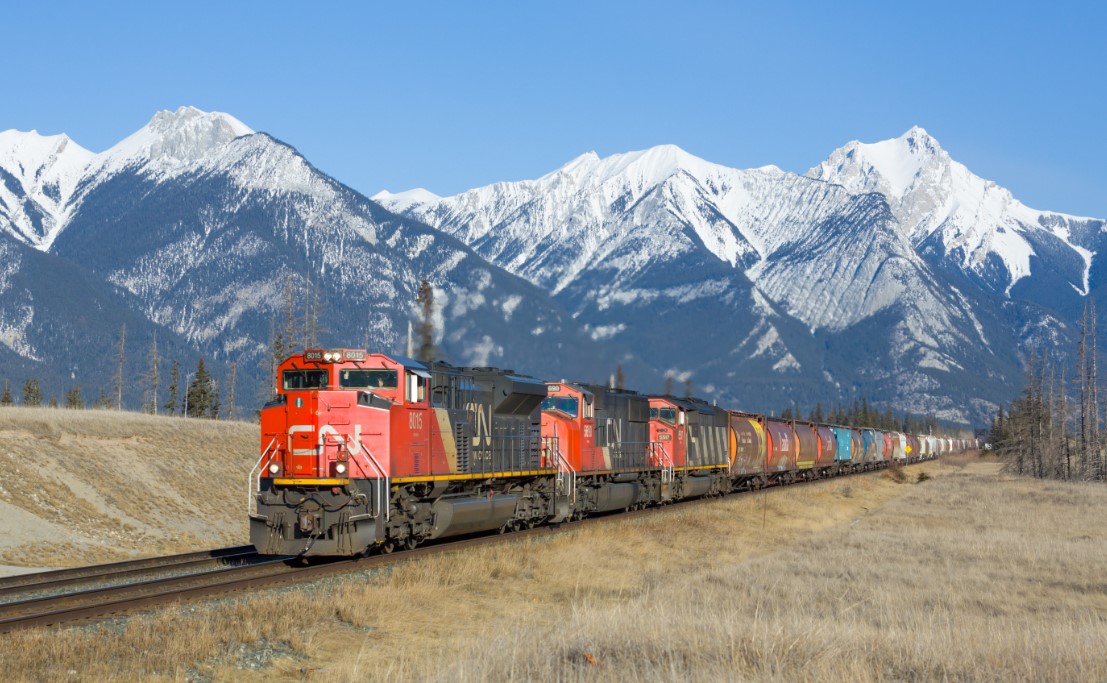
Rail freight carriers play a crucial role in the transportation of goods by rail, offering a reliable and cost-effective solution for businesses. Rail freight technology has evolved significantly over the years, allowing carriers to move large quantities of goods efficiently and safely. The use of advanced tracking systems and communication technologies has improved the overall efficiency of rail freight operations.
However, rail freight carriers also face several challenges. One of the main challenges is infrastructure maintenance and capacity constraints. Rail networks require continuous maintenance to ensure smooth operations, and limited capacity can lead to delays and congestion. Additionally, rail freight carriers must navigate complex regulations and compliance requirements, which can vary across different regions and countries.
Another challenge faced by rail freight carriers is competition from other modes of transportation, particularly trucks. While rail offers advantages in terms of cost and fuel efficiency for long-haul shipments, trucks have the advantage of flexibility and door-to-door service. Rail carriers must continuously innovate and find ways to differentiate themselves to remain competitive in the market.
Truck Freight Carriers
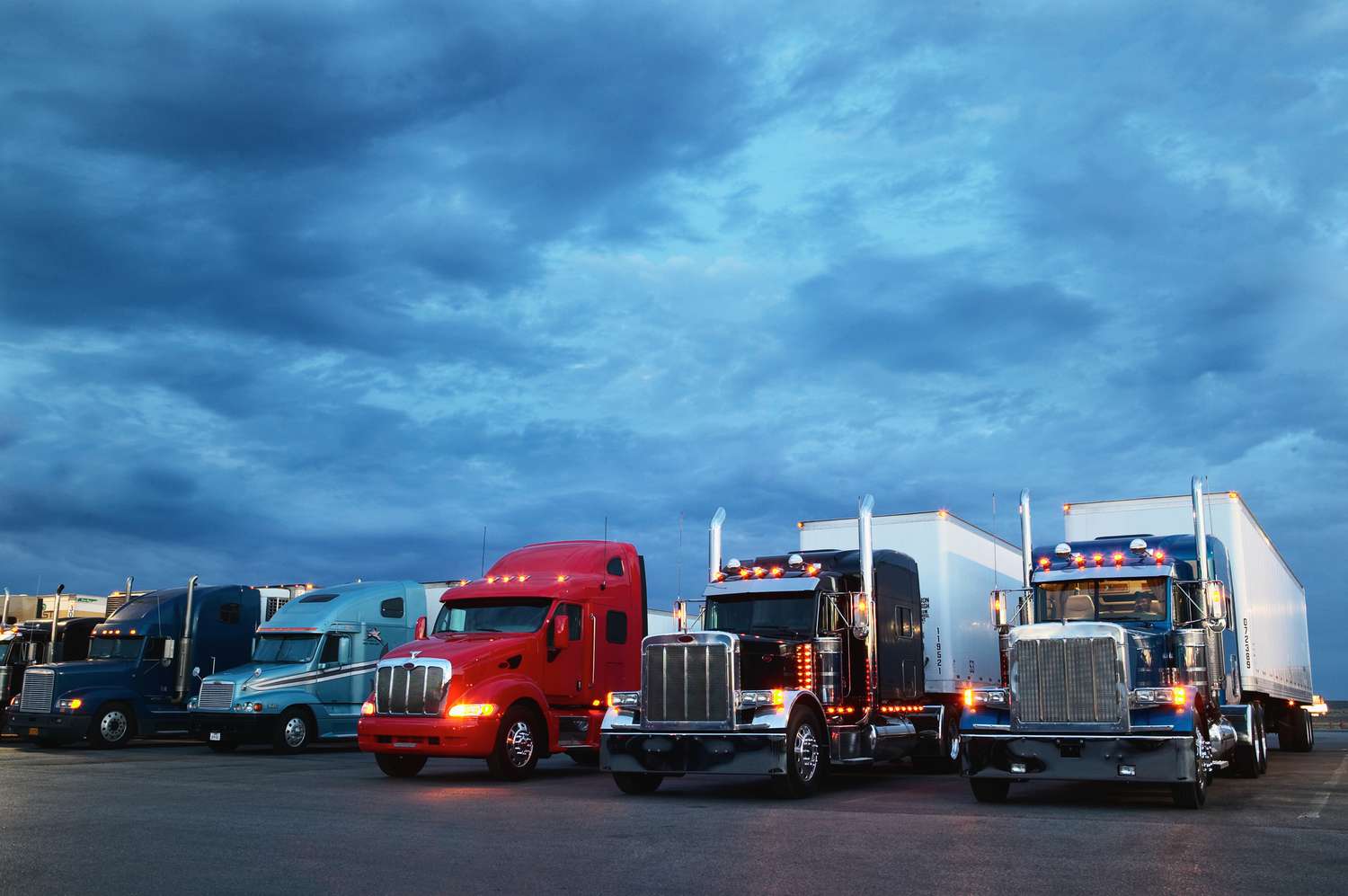
Truck freight carriers play a vital role in the transportation industry, providing efficient and flexible delivery options for businesses. However, they face several challenges related to road infrastructure and the potential impact of autonomous vehicles.
One of the main challenges for truck freight carriers is the state of road infrastructure. In many areas, roads are outdated, congested, and poorly maintained. This can lead to delays and increased transportation costs. Additionally, the lack of sufficient parking spaces for trucks poses a significant problem, as it hampers drivers’ ability to rest and comply with regulations.
Another emerging challenge is the potential impact of autonomous vehicles on truck freight carriers. While autonomous technology holds promise for improving safety and efficiency, it also raises concerns about job displacement for truck drivers. The adoption of autonomous vehicles in the industry could lead to a significant reduction in the need for human drivers, potentially causing job losses and requiring a shift in the workforce.
Despite these challenges, truck freight carriers continue to be a crucial part of the transportation industry. Their ability to navigate various terrains and deliver goods to remote locations makes them an indispensable option for businesses. As technology and infrastructure continue to evolve, truck freight carriers need to adapt and find innovative solutions to overcome these obstacles and ensure the smooth and timely delivery of goods.
Intermodal Freight Carriers
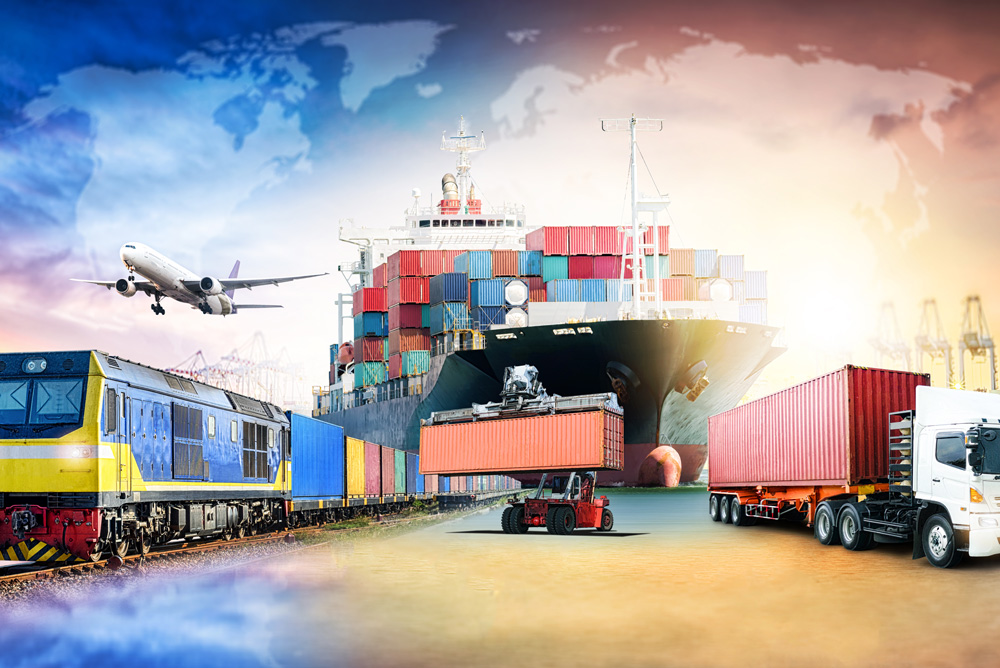
Despite the challenges faced by truck freight carriers, another important aspect of the transportation industry to consider is the role of intermodal freight carriers. Intermodal freight transportation refers to the movement of goods using multiple modes of transportation, such as trucks, trains, ships, and planes. This method offers several advantages over traditional trucking.
One of the key advantages of intermodal freight transportation is cost savings. By utilizing different modes of transportation, companies can optimize their routes and reduce fuel costs. Additionally, intermodal transportation allows for larger cargo volumes, leading to economies of scale and lower overall shipping costs. Another benefit is the reduced environmental impact. Intermodal freight carriers help to alleviate road congestion and decrease carbon emissions by shifting a portion of the transportation load to more sustainable modes like rail or water.
However, intermodal freight carriers also face their own set of challenges. The coordination and synchronization of different modes of transportation can be complex, requiring efficient logistics management. Delays or disruptions in one mode can have a ripple effect on the entire transportation chain. Additionally, intermodal freight carriers must navigate various regulations and customs procedures when crossing international borders, which can add complexity and time to the shipping process.
Despite these challenges, intermodal freight transportation plays a crucial role in the global supply chain. By leveraging the advantages of multiple transportation modes, companies can achieve cost savings, reduce their environmental impact, and ensure the efficient movement of goods.
Frequently Asked Questions
How Do Freight Carriers Ensure the Safety and Security of Goods During Transportation?
Freight carriers ensure the safety and security of goods through strict safety measures and security protocols. They implement advanced tracking systems, conduct thorough inspections, and employ trained staff to handle and protect the cargo during transportation.
What Are the Environmental Impacts of Different Types of Freight Carriers?
Freight carriers have varying environmental impacts. Air freight has high carbon emissions, similar to a smoking chimney. Trucks have a smaller ecological footprint, like a light footprint in the sand. Ships have the lowest emissions, like a breeze through the trees.
Are There Specific Regulations or Requirements for Transporting Hazardous Materials?
There are specific regulations and safety measures in place for transporting hazardous materials. These requirements ensure that proper precautions are taken to minimize the risks associated with transporting dangerous goods.
How Do Freight Carriers Handle Customs and Import/Export Procedures?
When it comes to customs handling and import/export procedures, freight carriers play a crucial role. They ensure that all necessary documentation is in order, navigate through regulations, and facilitate the smooth movement of goods across borders.
What Are the Potential Challenges or Limitations of Using Intermodal Freight Carriers?
When considering intermodal freight carriers, you should be aware of potential risks and limitations. These can include delays, damage to goods, and limited access to certain locations. However, using these carriers can also improve operational efficiency by combining different modes of transport.
